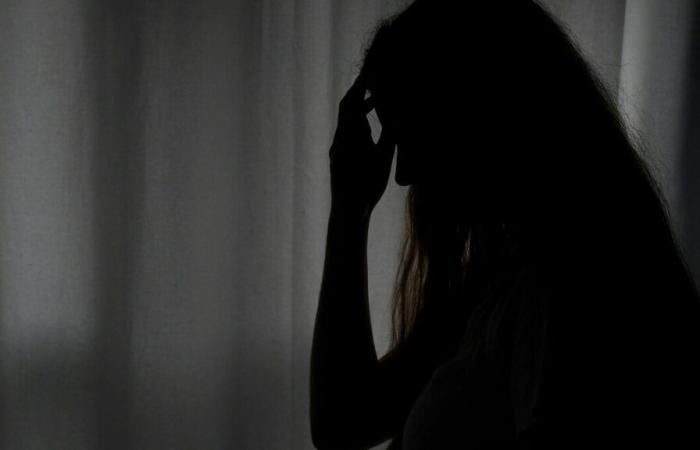
Inequalities, social rejection, material and psychological precariousness: this is an alarming x-ray of young French people published by Unicef this Tuesday, as part of its national consultation, to which 20,000 children and adolescents aged 6 to 18 responded , of all social categories. Main observation, drawn up by Serge Paugam, the sociologist who led the study: the mechanisms of exclusion exist “from childhood”. And are based on “several structural elements”, such as “material deprivation, particularly food deprivation, a lack of protection, and social rejection felt by young people”.
In terms of inequalities, 23% of respondents say they skip one meal per day, or one in five. No surprise for Chloé, a teacher in a college in Seine-Saint-Denis (93). “There is not a morning when I do not have five or six students who arrive in class hungry. The very clear result is that they stall all morning. So many hours wasted! » The government tried to tackle the subject by launching free school breakfasts in 2019. Without it really taking hold: out of 12 million French students, only 300,000 benefit from it.
These deprivations are also cultural (66.7%), sporting (44.4%) or access to knowledge (25.7%). “However, when they are cumulative, the feeling of exclusion is even stronger because it creates a feeling of deviation from the norm,” notes the sociologist.
Another alarming figure, 25.4% of children and teenagers say they do not feel listened to at school by an adult, nor protected. Meziane, 13, who attends a college in Rennes, sees this clearly. “There are comrades who are always alone in the playground, in class or in the canteen. They don't talk to anyone, they look really sad. They don't even talk to adults. » However, the need to listen is immense, since a third of those surveyed (31.3%) say they have suffered “insults, hurtful mockery, or violence” – from other children or adults .
Beyond school, 11% of the 20,000 surveyed say they feel “social rejection”. A feeling that can last into adulthood… and have consequences, judges Serge Paugam. “Because if, at the time of learning, we put ourselves in the head that we are less than nothing, this lays the foundations which penalize the person throughout their life. »





